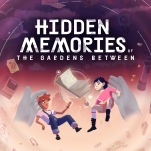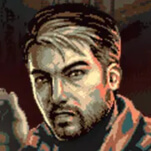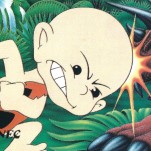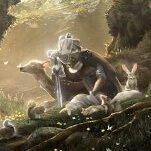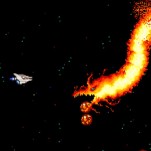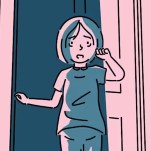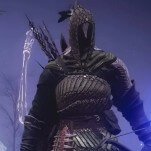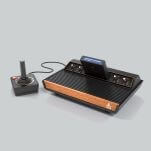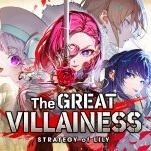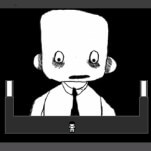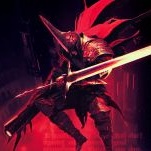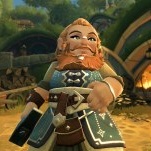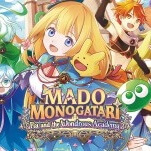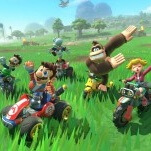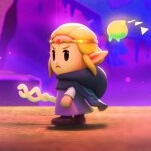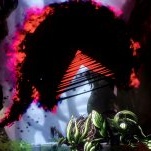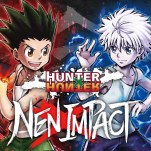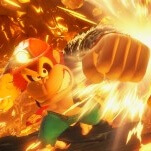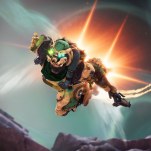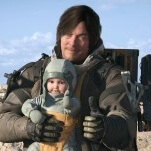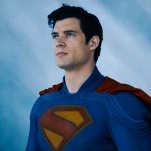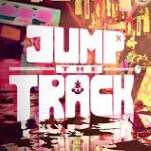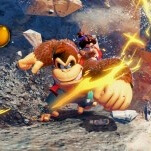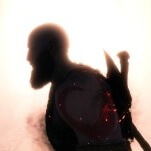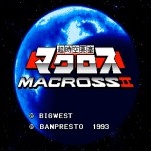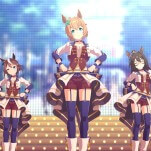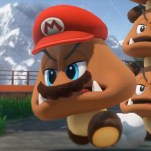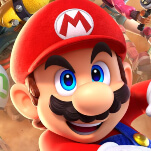Japanese Breakfast’s Michelle Zauner on Her Soundtrack for Sable, Indie Games, and Yoko Shimomura
Photo by Tonje Thilesen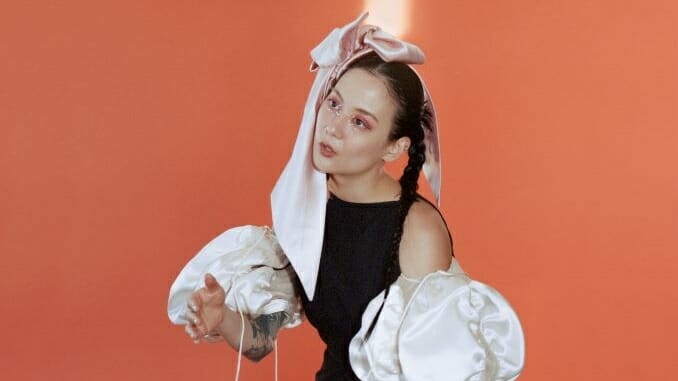
It’s no secret that Michelle Zauner of Japanese Breakfast is one of our favorite songwriters here at Paste, and she’s had a busy year keeping us fed with a variety of projects, from her gut-wrenching debut book Crying in H Mart to her acclaimed opus Jubilee. Her latest project, the soundtrack for the much anticipated Moebius-inspired exploration game Sable, has been a long time in the making, and it strays even farther from expectations than her other work that’s come out this year. Zauner has been connected to the project since 2018. We’ve been treated to a few glimpses of the game’s aural universe thanks to Zauner’s performance of the game’s theme, “Glider,” back at the Summer Game Fest this year, showcasing the glistening New Age-inspired sounds prevalent across the score, which includes inflections of dark ambience, synth-pop, and children’s movies.
We sat down for a conversation with Zauner on her inspiration behind the soundtrack and what it was like collaborating with the developers at Shedworks on the emotional and expressive world of Sable.
Paste: After listening to the soundtrack front to back, I’m interested in the inspiration behind it. It’s still pretty novel to see indie artists do a soundtrack for a videogame. It’s fascinating to see those two worlds converge, and I think listening to it, you infer a lot of influences from other games. Were there any other videogame soundtracks you were listening to when you were writing the soundtrack, or albums beyond that?
Michelle Zauner: I was definitely inspired by Breath of the Wild, just because it’s an open world game. It felt really important to create these sprawling pieces that have a lot of space and silence. I grew up playing a lot of the Final Fantasy games, particularly the Final Fantasy IX soundtrack was a big inspiration. I also love the Chrono Cross soundtrack. I think that, similarly to Breath of the Wild, I wanted to create day and night variations on the same theme. That was a fun thing to get to do. Chrono Cross has these world variations to the same theme, so I looked to that for a lot of inspiration too.
Paste: When I was playing the demo, I felt the influence of Breath of the Wild in the way the music fades from the foreground to the background. It’s never really too loud. Sometimes it’s just ambient noise. But when you really listen to it, you notice how intricate the compositions are.
MZ: Thank you.
Paste: What track was your favorite to work on? Were any of them difficult?
MZ: I really love what I came up with for the two main themes, “Glider” and “Better the Mask.” It was such a different experience for me because my work as Japanese Breakfast is so rooted in hyper-specific personal detail, unpacking my life and my emotions. It was fun to write themes that were not about me, but were about these broad themes that anyone could relate to and still make them compelling. I was listening to a lot of themes of Studio Ghibli movies and even Alan Menken’s work with Disney and paid attention to how you create these meaningful themes that speak to this universal theme of coming of age.
I had a difficult time with [scoring] the Badlands. I had a real image of what I wanted but I don’t really write in this country-western style. [laughs]
Paste: The game has several different biomes you travel through. Diversifying those sounds and communicating the differences while remaining consistent as a soundtrack must have been challenging.
MZ: Yeah, but it was also really fun! More so than my work with Japanese Breakfast, I got to play around with instrumentation. The dunes incorporated nylon strings and classical guitar, certain other areas had more of a focus on woodwinds, atomic spacey areas had more industrial tones, the monumental areas had more vocal pads, flutes, stuff like that. [laughs] I loved seeing these areas and think about instrumentation.
-

-

-

-

-

-

-

-

-

-

-

-

-

-

-

-

-

-

-

-

-

-

-

-

-

-

-

-

-

-

-

-

-

-

-

-

-

-

-

-


